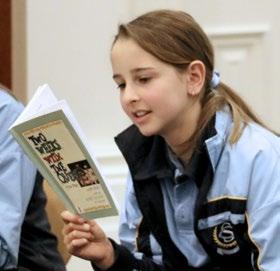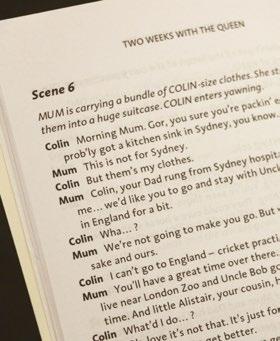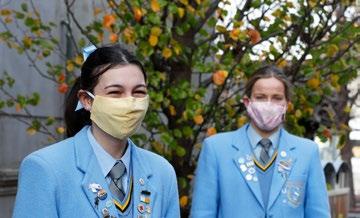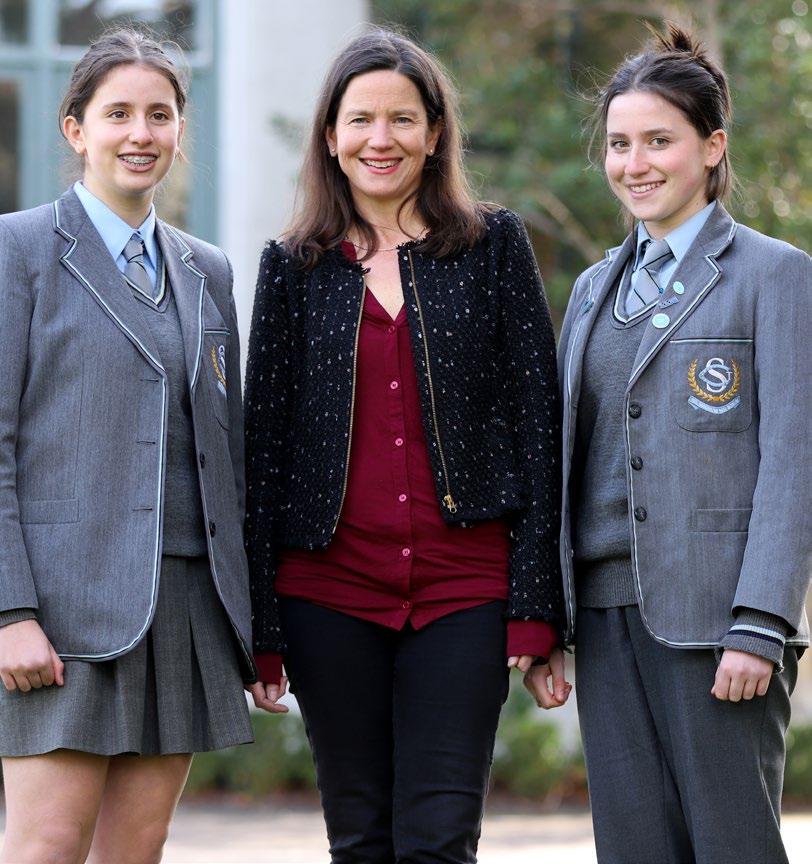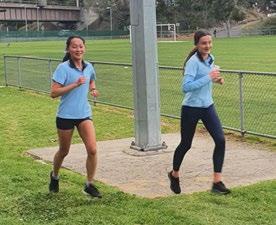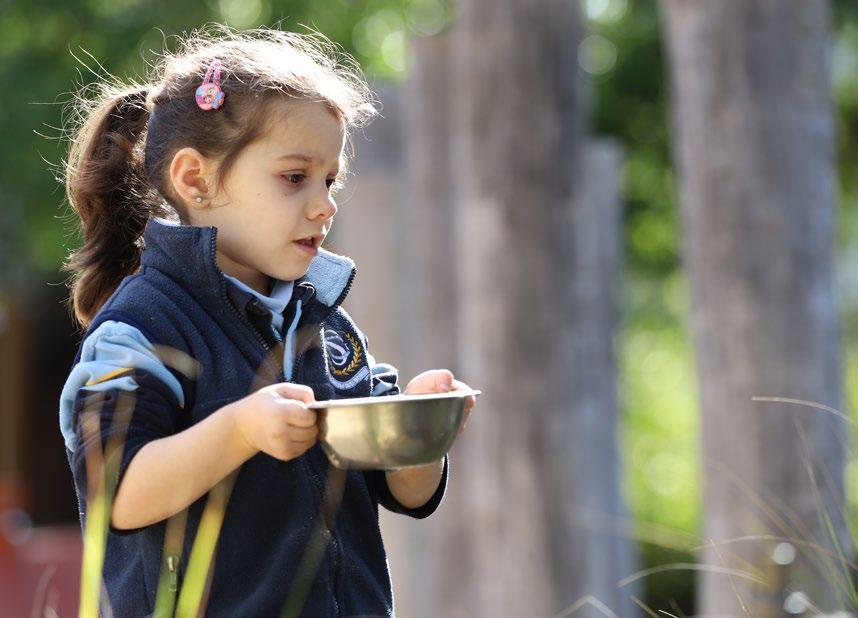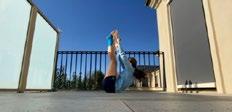
3 minute read
NURTURING TALENT
IN THE DRAMATIC ARTS
MORRIS GLEITZMAN STATES “There’s nothing more fearful for a young person than to see that an adult they trust and love just doesn’t want to talk about some aspects of life. Taboo topics in children’s literature shouldn’t be avoided, but rather understood.”
Adapted from the best-selling Morris Gleitzman novel, found on school syllabus nation-wide, this play deals humorously and sensitively with serious issues. Set in 1990 in New South Wales, 12-year-old Colin has a mission – to speak with the Queen about his brother Luke who is dying of leukaemia. Colin is shipped off to London to live with his Uncle Bob, Aunty Iris, and cousin Alistair. It is here that Colin heads out with his cousin to meet the Queen, find “the best doctor in the world” and find a cure for cancer. Along the way, Colin meets wonderful, crazy and caring characters. He assists a man whose partner is dying in hospital of AIDS, and learns the importance of being with loved ones in a crisis. I read Two Weeks with The Queen (TWWTQ) when I was 12-years-old, living in Ballarat. Reading about characters who were different to the norm allowed me to feel a sense of acceptance within a somewhat sheltered community. As a young man, reading books and seeing plays, I largely remember not seeing someone like myself reflected on the stage. I recall thinking, “Where are the characters like me? Is there something wrong with me?” The answer is of course, no, but this lends itself to the importance of visual representation in the artistic landscape. Diversity is one of the elements which makes Australia the country it is, a marvellous melting pot of culture. We are not lessened by difference, but strengthened. When choosing the Year 7 and 8 production, it was clear to me that TWWTQ provided the opportunity to not only showcase the talent within the cohort, but also explore important themes. This will be the first time characters who identify as gay will be presented on stage at St Catherine’s School. It brings me great joy to present this diversity to the
IN THE DRAMATIC ARTS
TWO WEEKS WITH THE QUEEN
School community. Through my Doctorate research at New York University, the body of research in support of Student Wellbeing through the exploration of these themes, is evidently clear. While writing this article, I am concurrently analysing the musical production of Shrek for a Year 9 Drama exam. The lyric from this show, “what makes us special makes us strong” I feel summarises my yearning to incorporate diversity, in any way, within our School community. Leading drama educators O’Connor, O’Connor and Welsh Morris (2007) state, “The integration of themes explored through drama education including hope, fear and death, will encourage students to expand on their emotional knowledge.” The authors explain that Drama education has the potential to support students’ emotional and social wellbeing by exposing them to challenging
content while encouraging stimulating and conversations. By introducing students to the play TWWTQ, students will embody other perspectives in an imagined context, which will enable them to suspend their own reality and consider other viewpoints. By normalising the integration of diverse characters, students will feel a sense of acceptance or belonging. Not only those students who identify as LGBTQI, but also for the many students who are allies and wish to support those within marginalised communities. This understanding of the wider world community will continue to create a more inclusive environment at St Catherine’s School, strengthening the wonderful relationships that as teachers, we see every day. Pronouns: he / him / his
Mr Dylan Licastro Drama Teacher
